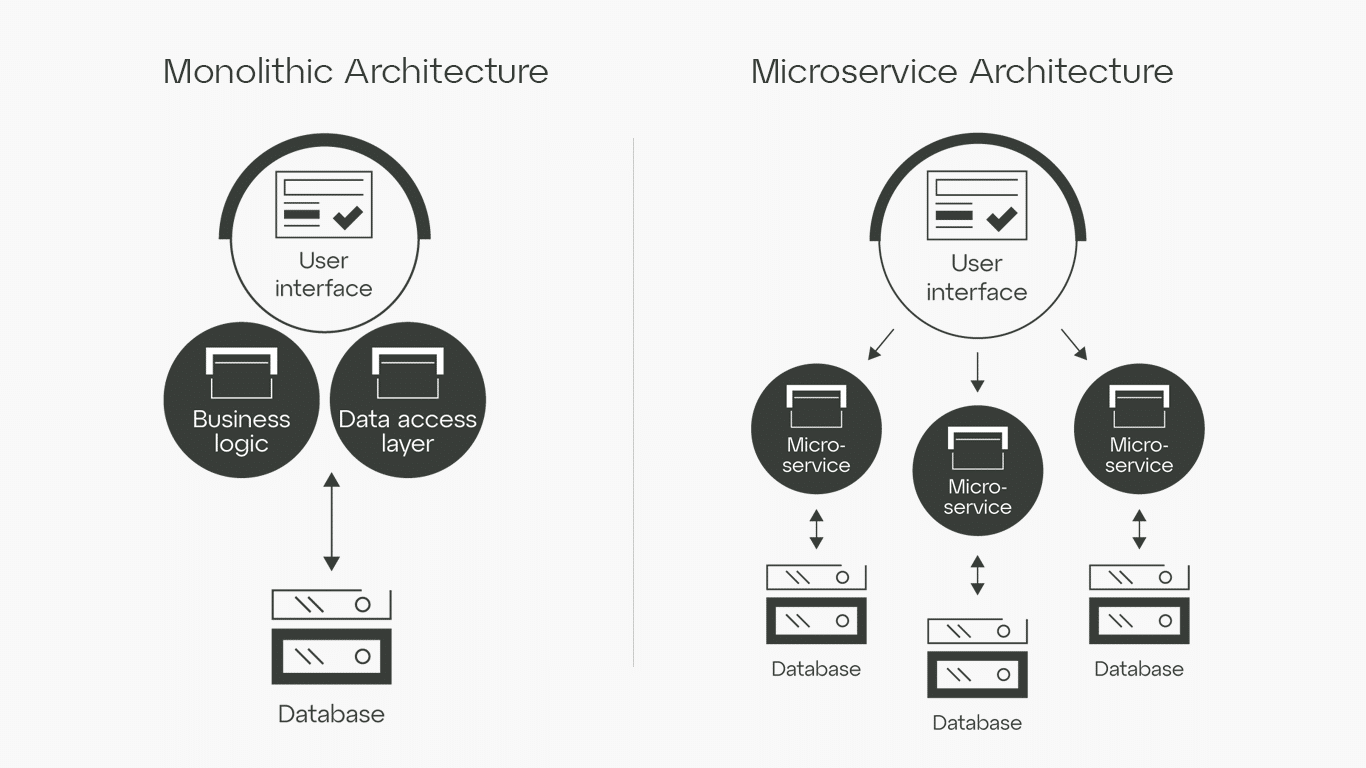Ask us how we can help you succeed.
Despite Germany’s standing in the European business market – it is the largest economy in Europe by Gross Domestic Product and, according to The World Bank, the third largest in the world – the country’s reticence to digitize threatens this position in the future.
Known as the economic engine in Europe, broadly speaking, Germany’s digital lag is holding this otherwise prolific nation back from its true potential compared to its neighbours and, indeed, its global competitors.
A variety of metrics demonstrate its low position in a European league table of digitisation, not just the traditional prominence of cash in a worldwide society that is otherwise increasingly dependent on contactless payments.
Skills gap and digital deficit
For example, essential or above basic digital skills are demonstrated by less than half (48.9%) of the population, below the European Union average of 53.9%. In comparison, that figure is 81% in Iceland and approaching 80% in Finland, The Netherlands, Norway and Switzerland. A report by the European Centre for Digital Competitiveness compounds these figures with findings that 95% of business executives believe that Germany is behind the times, citing a “digital deficit”.
Eurostat: Digitalisation in Europe 2023
European Center for Digital Competitiveness: Digital Report 2024















































